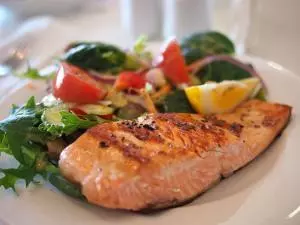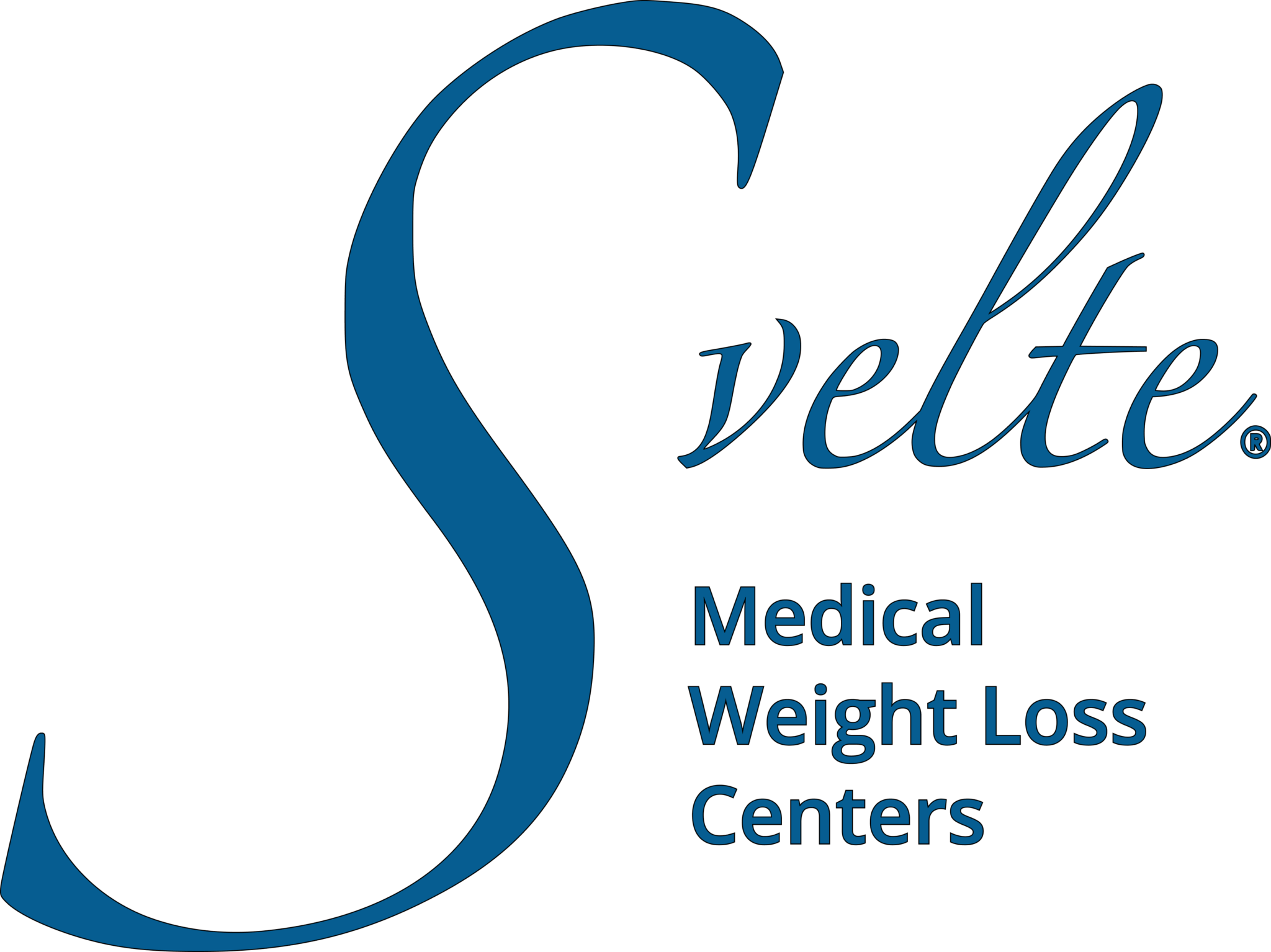 The mounting debate between “good” fats and “bad” fats may very well be transforming into a new discussion of healthy foods versus unhealthy foods. Yes, not fats, but foods. The four prevalent forms of fat – trans fats, saturated fats, monounsaturated fats, and polyunsaturated fats – are either added to products or occur naturally in whole foods. Reading labels to determine if your boxed meal contains the “bad” trans fats may seem like the key to healthier eating, but the Orlando medical weight loss team at Svelte Medical Weight Loss has a few pointers for you to consider while you shop for nutritious foods.
The mounting debate between “good” fats and “bad” fats may very well be transforming into a new discussion of healthy foods versus unhealthy foods. Yes, not fats, but foods. The four prevalent forms of fat – trans fats, saturated fats, monounsaturated fats, and polyunsaturated fats – are either added to products or occur naturally in whole foods. Reading labels to determine if your boxed meal contains the “bad” trans fats may seem like the key to healthier eating, but the Orlando medical weight loss team at Svelte Medical Weight Loss has a few pointers for you to consider while you shop for nutritious foods.
- Your Body Needs Fat: In fact, your brain’s white matter is almost entirely composed of fatty oligodendrocytes and other “helper” neural cells that aid neurons in sending signals throughout the brain and spinal cord. To keep your neurons functioning properly, eat a diet that contains Omega-3 fatty acids.
- Low-Fat Foods Simply do not Work: Most people falsely believe that the lower the fat content in a package, the better it is for them, so they consume much more than a single serving. Your taste buds want to enjoy something to replace the fat in low-fat or fat-free foods, and food manufacturers answered that call by loading products with extra sugars to make up for the missing fats. Carbohydrate counts go up frequently when fat content decreases.
- Beef & Go Green: Beef contains animal fats that most Americans have been taught to eat in scant quantities. Grass-fed beef without hormones still contains this fat, but the steer have been raised more humanely without polluting their bodies with corn, hormones, and antibiotics. The end result is a much leaner, healthier cut of meat. Comparing the “bad” fat in a grass-fed steak with the “good” fat in a piece of chicken breaded and fried in olive oil makes one realize that fats should be judged by how those foods are prepared.
- All About the Good Fats: Look for monounsaturated fats, polyunsaturated fats, or Omega-3 fatty acids (a type of polyunsaturated fat) on the labels of packaged goods. These fats will improve your mood, control your weight, boost energy levels, and are important for brain development and function. You have probably heard that unsaturated fats improve blood cholesterol levels. They have also been found to stabilize insulin and blood sugar levels and lower the risk of cardiovascular disease.
- Look for EPA & DHA in Omega-3 Fatty Acid Supplements: These two chemicals naturally occur in fish and algae and are extremely beneficial. ALA is plant-based and while it is also a healthy alternative, it is not as potent as DHA and EPA.
The ultimate menu contains whole foods, such as pastured beef, dairy products from a local farmer, and vegetables and fruits from a farmer’s market. Because most Americans do not have that alternative, their option is to shop along the perimeter of the store where the fresh meats, vegetables, fruits, and dairy products are located. Choose locally raised foods or organic, if possible, and avoid packaged foods. For more tips on eating healthier, contact the Orlando medical weight loss professionals at Svelte Medical Weight Loss by calling 407-804-5200.

